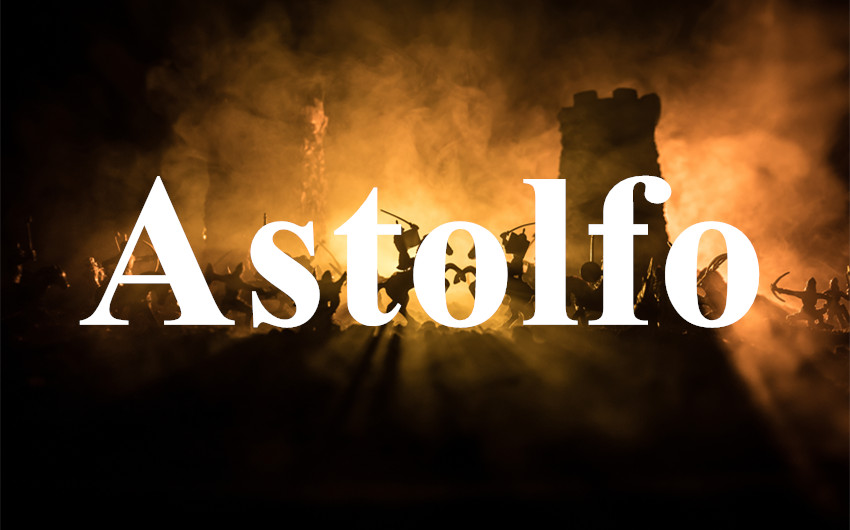Astolfo Name Meaning and Reasons It Feels Legendary
Some names carry more than just a pleasant sound—they hold history, imagination, and a touch of legend. One such name is Astolfo, a rare but striking choice that hints at adventure and individuality. Whether you’ve come across it in old stories or modern culture, it’s a name that stands out.
If you’re curious about its background, exploring the Astolfo name meaning reveals fascinating roots tied to strength and symbolism. From its Germanic origin to its poetic flair, this name offers more than meets the eye—it’s rich in character and full of charm for anyone drawn to something unique.
Linguistic Origins and Etymology
The name Astolfo has a long and fascinating history, with roots that trace back to early Germanic languages and later adaptations in Romance-speaking Europe. Like many medieval names, its meaning is layered, shaped by both linguistic evolution and cultural usage over time.
The name is believed to derive from the Old High German elements “ast” meaning “spear” or “strength,” and “wulf” meaning “wolf.” These elements were common in Germanic warrior names, symbolizing both combat skill and animalistic bravery. The combination likely represented a person who embodied both physical power and a cunning survival instinct—a fierce and formidable presence in battle or leadership.
As Germanic tribes migrated and influenced other parts of Europe, especially during the early Middle Ages, the name Astolfo was Latinized and adopted into Old French and Italian traditions, particularly in the context of medieval literature. While the original compound may have faded from everyday Germanic naming, the stylized version—Astolfo—became prominent in medieval romances and epic tales, giving the name a noble, knightly tone.
Its Romance-language form maintains the essence of the original Germanic meaning but also adds a poetic, almost whimsical quality to the name. The “-olfo” ending is also seen in other names of noble lineage, such as Rodolfo or Adolfo, which share similar roots and connotations of strength, valor, and legacy.
Symbolic and Cultural Interpretations
A Name of Strength and Instinct
At its core, Astolfo is often interpreted as a name that balances strength with subtlety. Rooted in Germanic elements like “spear” and “wolf,” it reflects a person who is both a protector and survivor—someone with the courage to face challenges and the instinct to move wisely through them.
This blend suggests not only physical bravery but also the kind of mental sharpness and resilience that sets true leaders apart.
Individuality and Imaginative Spirit
Over time, Astolfo has come to symbolize far more than ancient warrior qualities. In cultural contexts, the name reflects someone who is unconventional, curious, and imaginative.
It carries an air of adventure and romanticism, making it a natural fit for those who think differently and embrace life with creative boldness. It’s a name that suggests someone who enjoys exploring ideas, places, and possibilities beyond the ordinary.
Elegance with a Whimsical Edge
Unlike many common names, Astolfo exudes a certain elegant eccentricity. It’s distinctive, almost poetic, and not bound by trends—qualities that make it appealing for those who want a name with character and charm.
It may suit someone with a dramatic flair or a sense of refined quirkiness, evoking artistry and originality in how they present themselves to the world.
Cultural Fluidity and Timeless Appeal
Astolfo has traveled through centuries and cultures, gaining new meaning at each stop. Its transition from a Germanic warrior name to a Romance-language symbol of knightly grace shows how names can evolve and adapt while retaining their core essence.
Today, Astolfo speaks to a multicultural, timeless identity, suitable for anyone drawn to names with depth, story, and historical resonance.







